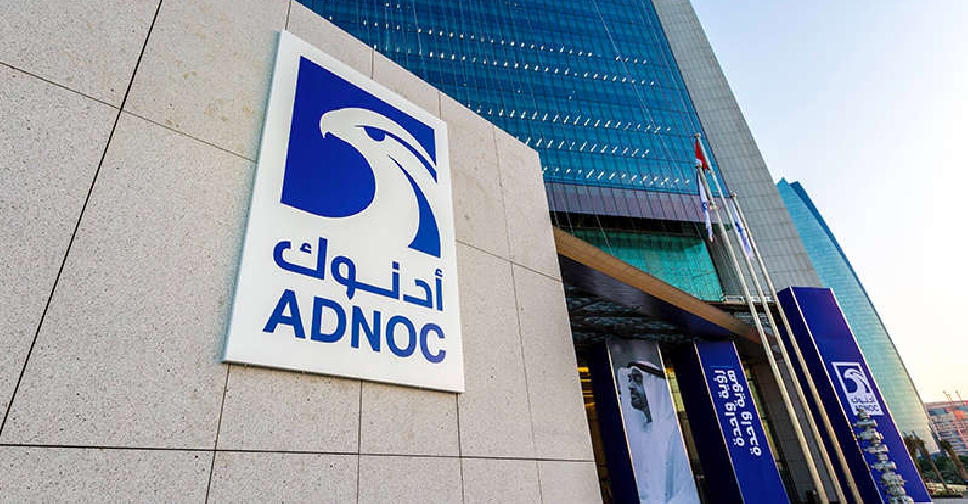
OPEC+ member states lined up on Sunday to endorse the steep cut to its output target agreed this month after the White House accused Riyadh of coercing some other nations into supporting the move.
The United States last week said the cut would boost Russia's foreign earnings and suggested it had been engineered for political reasons by Saudi Arabia, which on Sunday denied it was supporting Moscow in its invasion of Ukraine.
Saudi King Salman bin Abdulaziz said the kingdom was working hard to support stability and balance in oil markets, including establishing and maintaining agreement of the OPEC+ alliance that comprises the Organization of the Petroleum Exporting Countries (OPEC) and other major producers including Russia.
The kingdom's defence minister and King Salman's son, Prince Khalid bin Salman, also said the October 5 decision to reduce output by 2 million barrels per day (bpd) - taken despite oil markets being tight - was unanimous and based on economic factors.
His comments were backed by ministers of several OPEC+ member states including the United Arab Emirates.
The Gulf state's energy minister, Suhail al-Mazrouei, wrote on Twitter: "I would like to clarify that the latest OPEC+ decision, which was unanimously approved, was a pure technical decision, with NO political intentions whatsoever."
His comment followed a statement from Iraq's state oil marketer SOMO.
"There is complete consensus among OPEC+ countries that the best approach in dealing with the oil market conditions during the current period of uncertainty and lack of clarity is a pre-emptive approach that supports market stability and provides the guidance needed for the future," a SOMO statement said.
Kuwait Petroleum Corporation Chief Executive Nawaf Saud al-Sabah also welcomed the decision by OPEC+ and said the country was keen to maintain a balanced oil market, state news agency KUNA reported.
Oman and Bahrain said in separate statements that OPEC had agreed unanimously on the reduction.
Algerian energy minister Mohamed Arkab, meanwhile, called the decision "historic" and said that he and OPEC Secretary General Haitham Al Ghais expressed full confidence in it, Algeria's Ennahar TV reported.
Ghais later told a news conference that the organisation targeted a balance between supply and demand rather than a specific price.
In a statement to Reuters on Monday, Arkab said the OPEC+ decision, was "a purely technical response based on purely economic considerations", adding that it was adopted unanimously.
Oil inventories in major economies are lower than when OPEC has cut output in the past.



 ADNOC completes $2.84 bn marketed offering of ADNOC Gas shares
ADNOC completes $2.84 bn marketed offering of ADNOC Gas shares
 Etihad Airways hits record profit of AED 1.7 billion in 2024
Etihad Airways hits record profit of AED 1.7 billion in 2024
 UAE hotels record AED 37.1 billion in revenue last year
UAE hotels record AED 37.1 billion in revenue last year
 Apple launches low-cost iPhone 16e
Apple launches low-cost iPhone 16e




